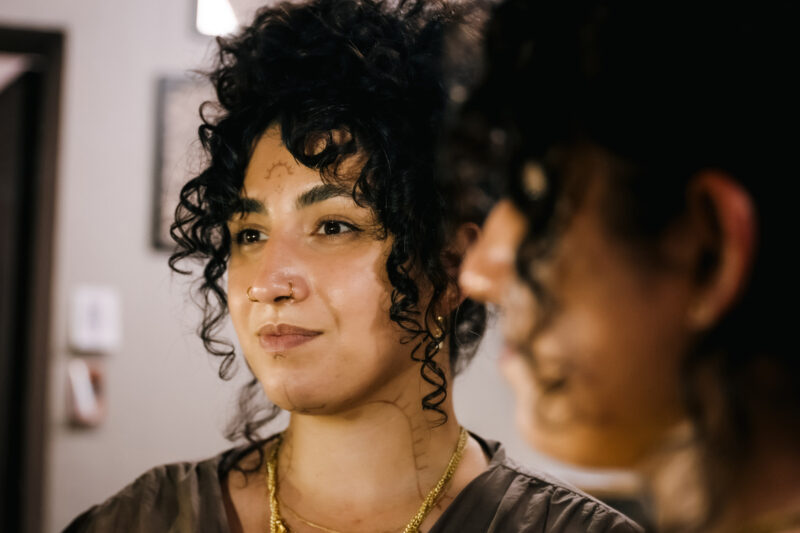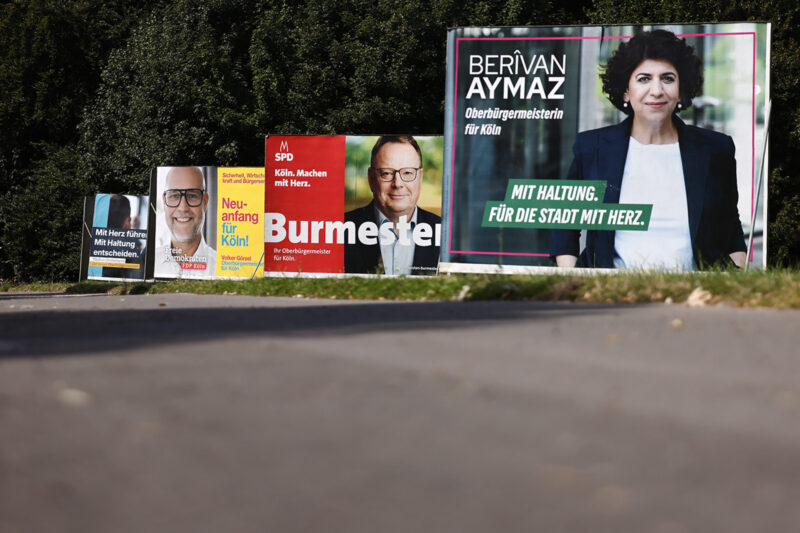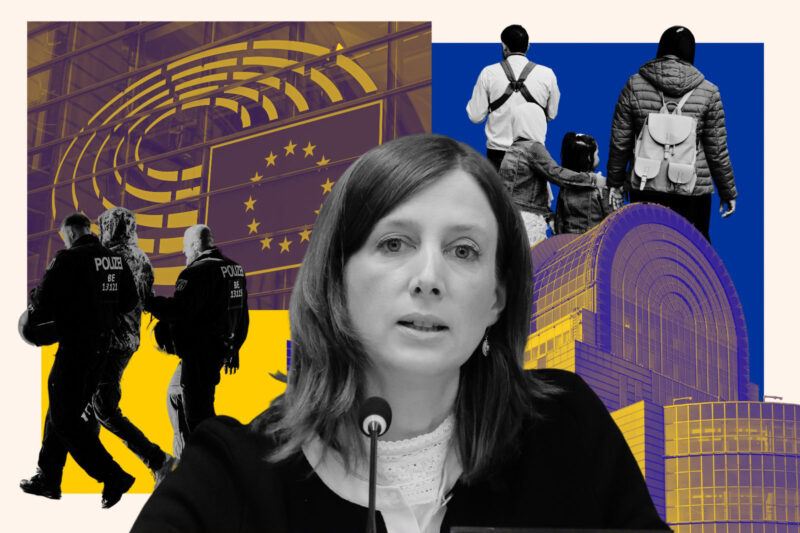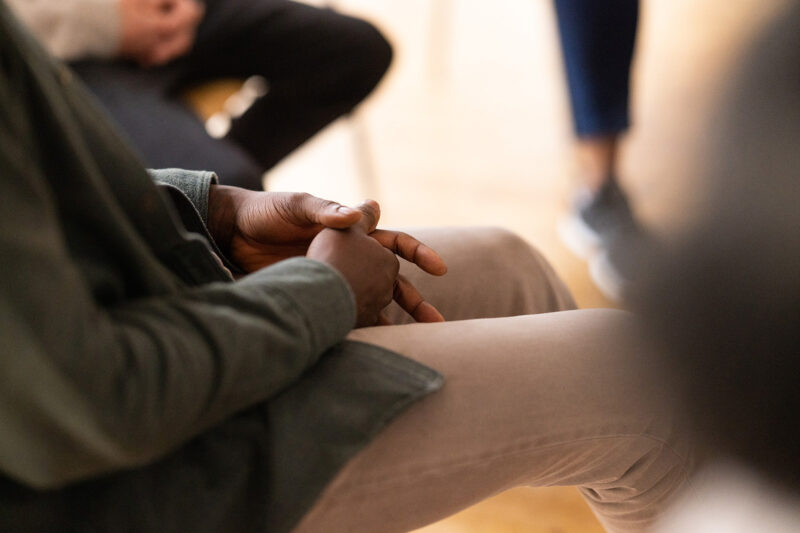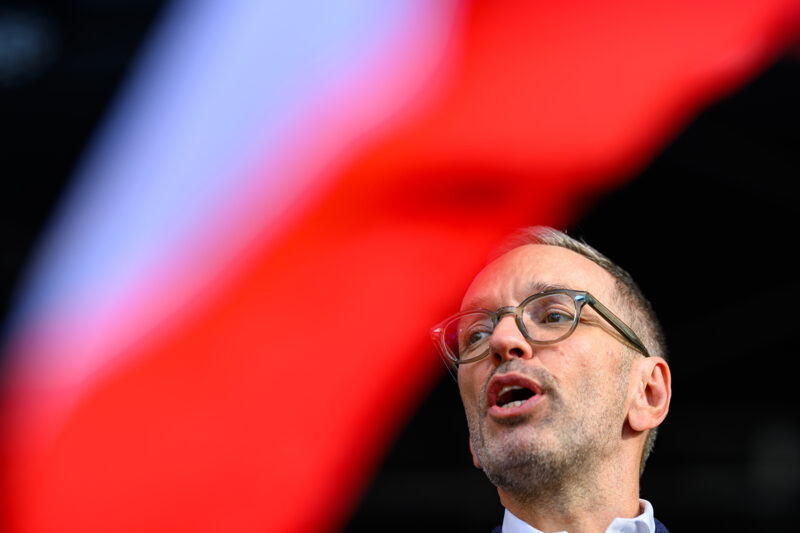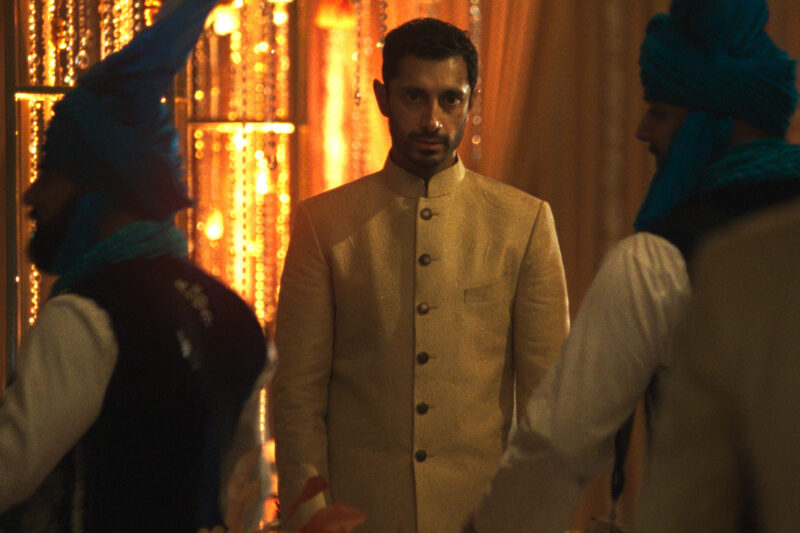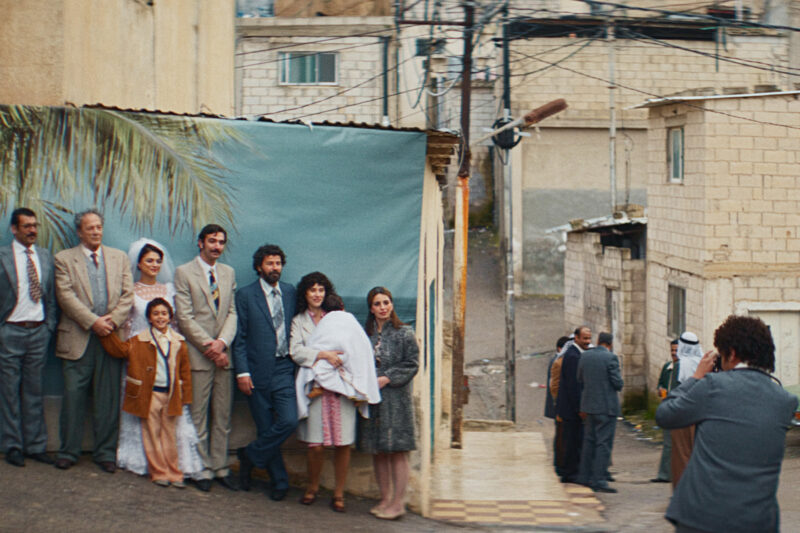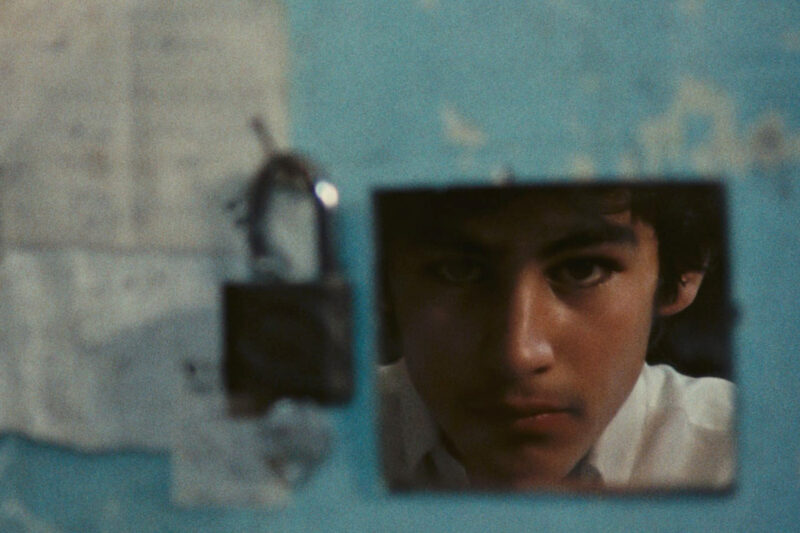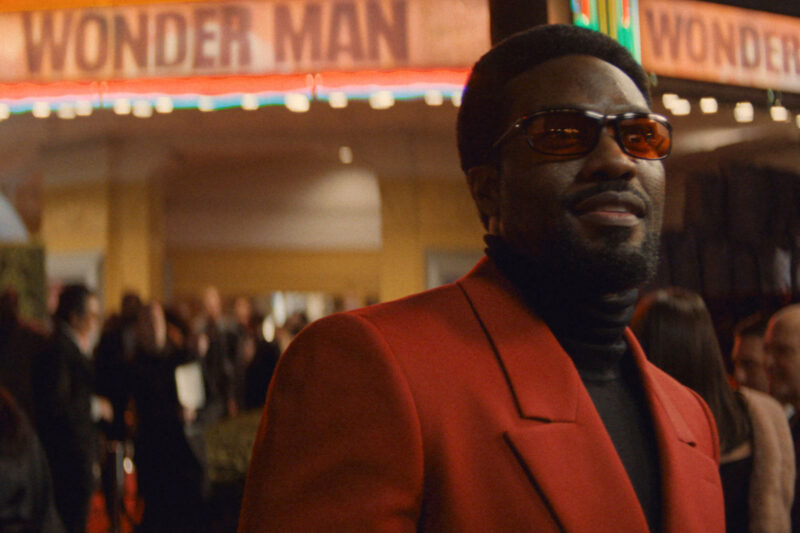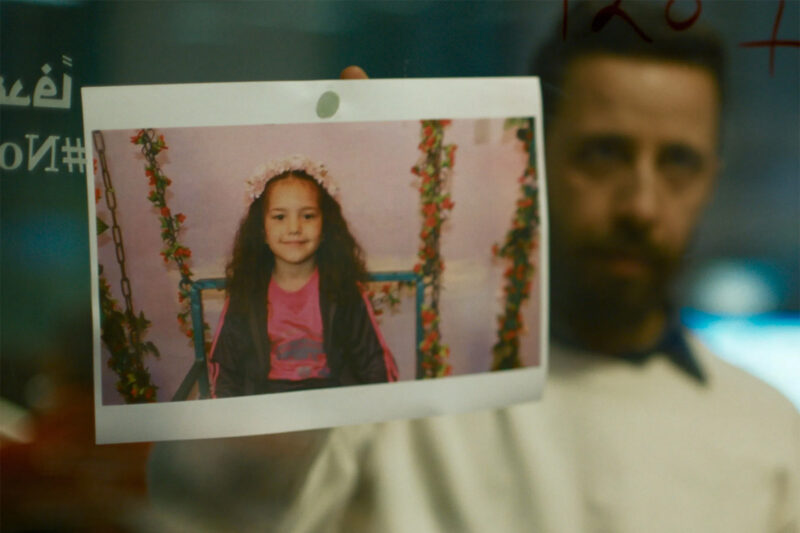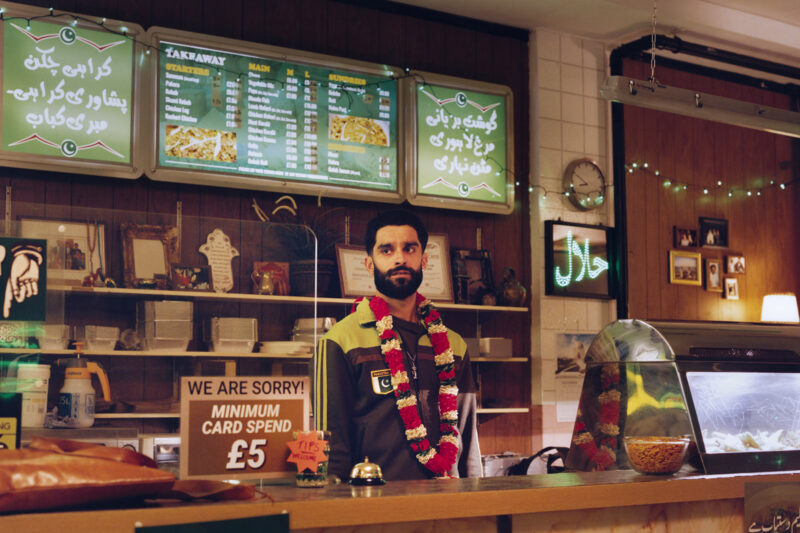Filmmaker: Germany has learnt nothing from its history of anti-Muslim violence
Martina Priessner’s documentary The Mölln Letters, exploring how Germany fails the victims of far-right terror, opens at the Berlin film festival as elections dominated by anti-migrant rhetoric loom
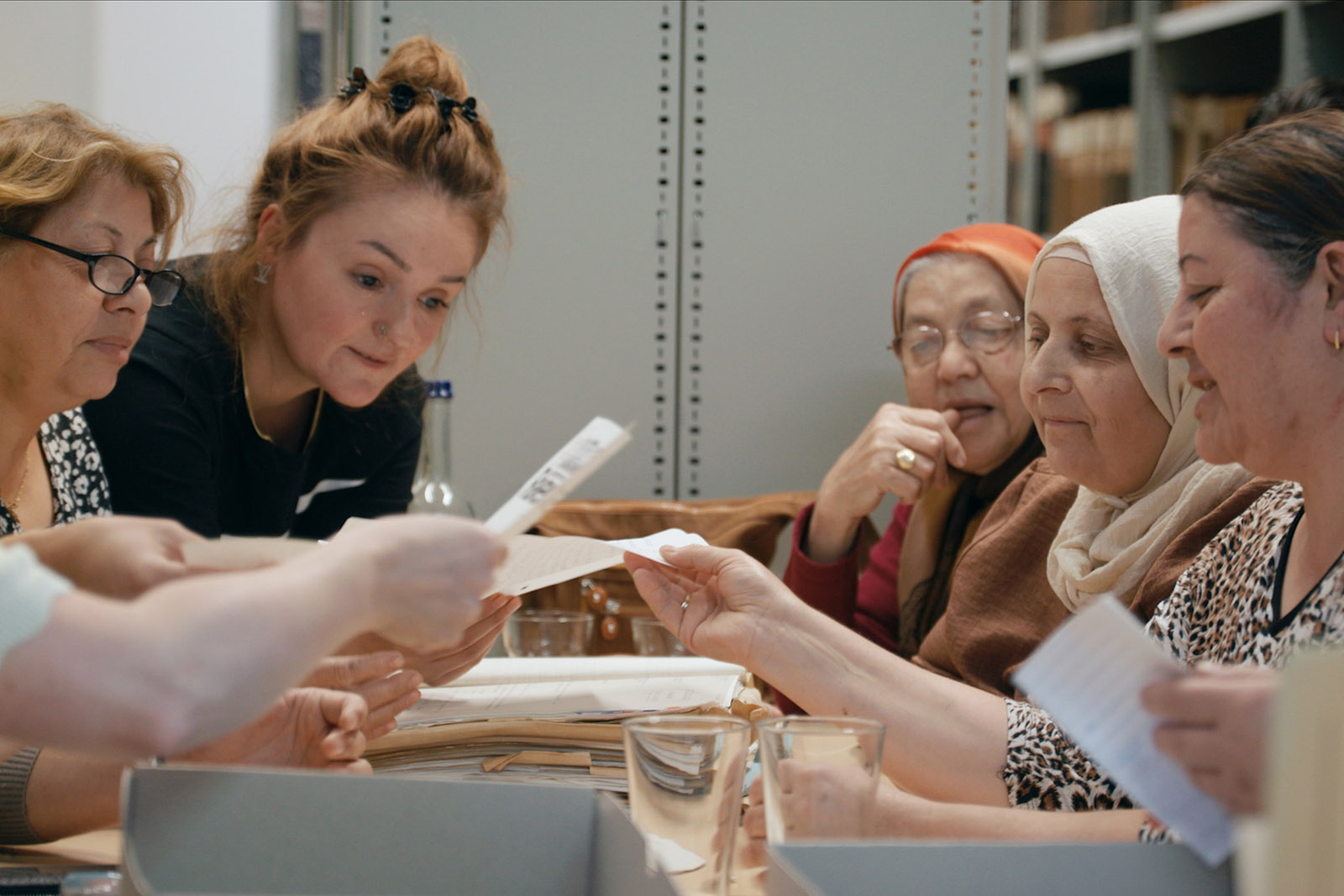
In September 2020, German filmmaker Martina Priessner attended a talk by Ibrahim Arslan. Arslan was victim to one of Germany’s most notorious racist attacks in 1992, when two neo-Nazis set fire to his home in the northern town of Mölln, killing three members of his family.
Priessner listened stunned as Arslan told the audience of his distress at discovering in 2019 that nearly 1,000 letters of solidarity from around the country had been hidden in the local town hall archives for 27 years, never passed on to the family by the municipality.
“I can only imagine, when you’re in the aftermath of such an event, all you must want is a bit of support,” Priessner said. “It got me thinking, what were the structures that allowed this to happen, and for this solidarity to not reach the victims?”
Seeking to answer these questions, Priessner made Die Möllner Briefe (The Mölln Letters) — a 96-minute documentary that follows Arslan as he tracks down and meets some of the people whose letters of support he never received. Its release at the 2025 Berlin film festival comes days before snap German federal elections on 23 February, after a campaign dominated by far-right rhetoric. Far-right attacks in Germany are once again on the rise, having increased by 23% in 2023 — a trend many anti-extremism experts link directly to a failure on the part of the authorities to properly address attacks like the one in Mölln.
“It really feels like we have learned nothing,” said Priessner. “There’s been a continuation of far-right terror in German society and our politicians do not face up to it.”
Now a prominent anti-racism campaigner, Arslan agrees. “Racism has always been here, but I wish we would stop talking about the perpetrators, and instead engage with and support those affected.”
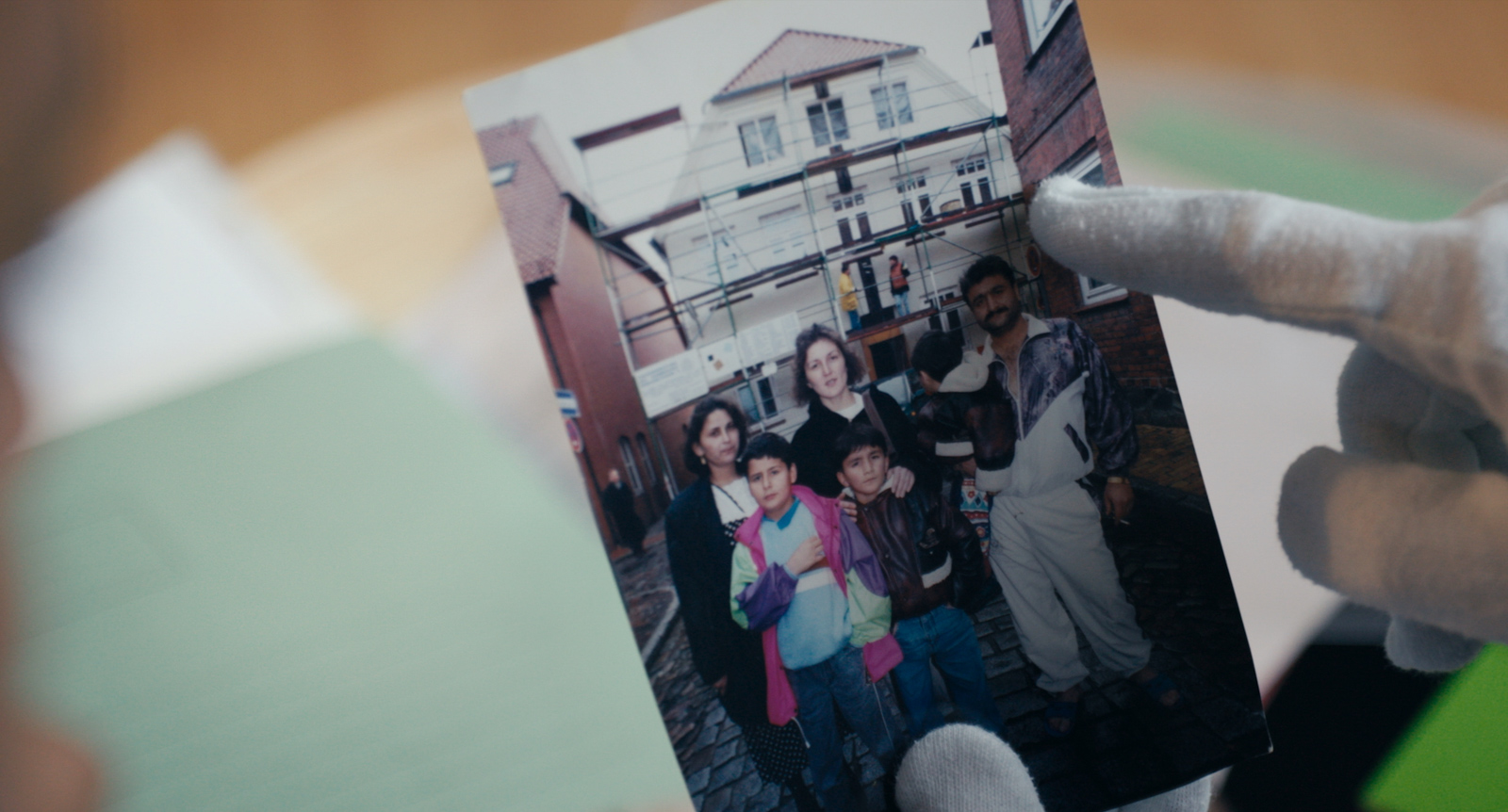
Speaking ahead of the film’s premiere on 14 February, Arslan recalls being approached by Priessner, who speaks fluent Turkish and had worked on several projects looking at German-Turkish migration, with the idea of making a film focused on the letters. He agreed without hesitation.
“Every time I tell my story, it alleviates the pain a little,” he said.
On the night of 22 November 1992, two young neo-Nazis firebombed the Arslan family’s house and the home of their neighbours, the Yilmaz family. The Yilmazes escaped onto the street, but the Arslans’ stairs and hallways were blocked by flames. Ibrahim, who was seven at the time, escaped unharmed after his 51-year-old grandmother Bahide Arslan wrapped him in a wet towel. Bahide later died of smoke inhalation, along with Ibrahim’s 10-year-old sister Yeliz and 14-year-old cousin Ayşe.
Examining how the events of 1992 continue to affect Arslan and his family, the documentary questions how German society fails victims of far-right terror. Arslan tells Priessner about the flashbacks he suffers, triggered by things like food burning in the kitchen. His younger brother Namik, who was just nine months old at the time of the fire, talks of his crippling survivor’s guilt: “As a child I wished I had died rather than my sister.”
In 2019, a student conducting research into the fire in the Mölln town hall archives discovered 908 letters, faxes, postcards, drawings and poems, from people all over the country. They were addressed to the Arslan family courtesy of the town hall, some offering financial assistance and employment. “I was outraged that we were never told, as they could have transformed our lives,” Arslan said.
The early 1990s was a time of political turmoil in Germany. West Germany had just reunified with the communist East, and neo-Nazis took advantage of the chaos to organise and recruit. Violent attacks on people of migrant backgrounds increased — similar incidents to the one in Mölln took place in cities including Rostock and Solingen.
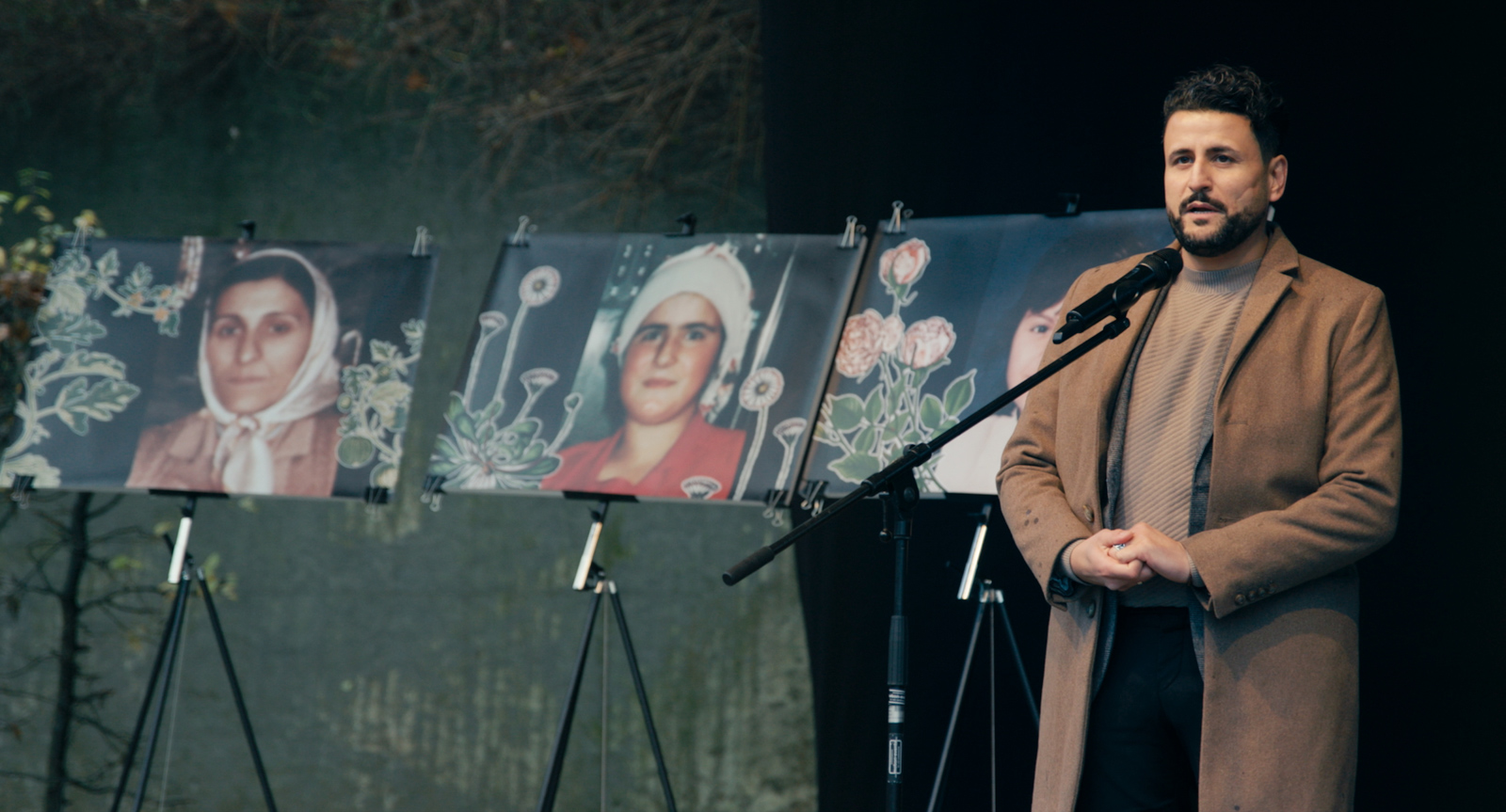
Arslan explains that his family sustained a “second attack” when police accused them of starting the fire themselves, despite the perpetrators calling the fire department the same night with an anonymous confession, signing off with “Heil Hitler”. This accusation was repeated in media reports. The only alternative housing offered by the municipality was a shipping container home intended for refugees, leaving the family with little choice but to move back into the house where the tragedy occurred. “If we had known that so many people were expressing solidarity with us, it would have made such a difference.”
Priessner started filming Arslan’s efforts to track down the letter writers in 2023. Many had died, but Arslan has so far spoken with more than 20. Three of these meetings are captured in the documentary.
“It was such an indescribable feeling meeting these people, who were mostly children when they wrote to me — the same as I was,” said Arslan. “They shared my anger that the letters were kept from my family.”
Priessner and Arslan see Die Möllner Briefe as a challenge to Germany’s “memory culture”. Authorities keep the horrors of the Nazi era in public consciousness through events, memorials and museums, they argue, while victims of far-right violence are sidelined or ignored.
“The lack of interest in and empathy with the victims of far-right terror stops us from facing up to these events properly,” Priessner said. “The fact that for nearly 30 years those letters were just sitting in the archive says a lot about our society and how we treat the victims.”
Today, the letters are kept in the Documentation Centre and Museum on Migration in Germany (DOMiD) in Cologne, where they are being digitised and will eventually be available to the public.
“We need to seize commemoration ourselves, otherwise we end up with a ‘forgetting culture’,” Arslan said.
The Mölln Letters is showing at the Berlin film festival on 14, 15, 16 and 22 February.
 Newsletter
Newsletter



